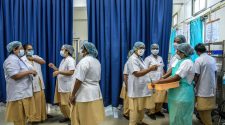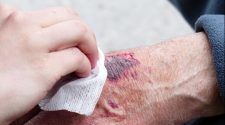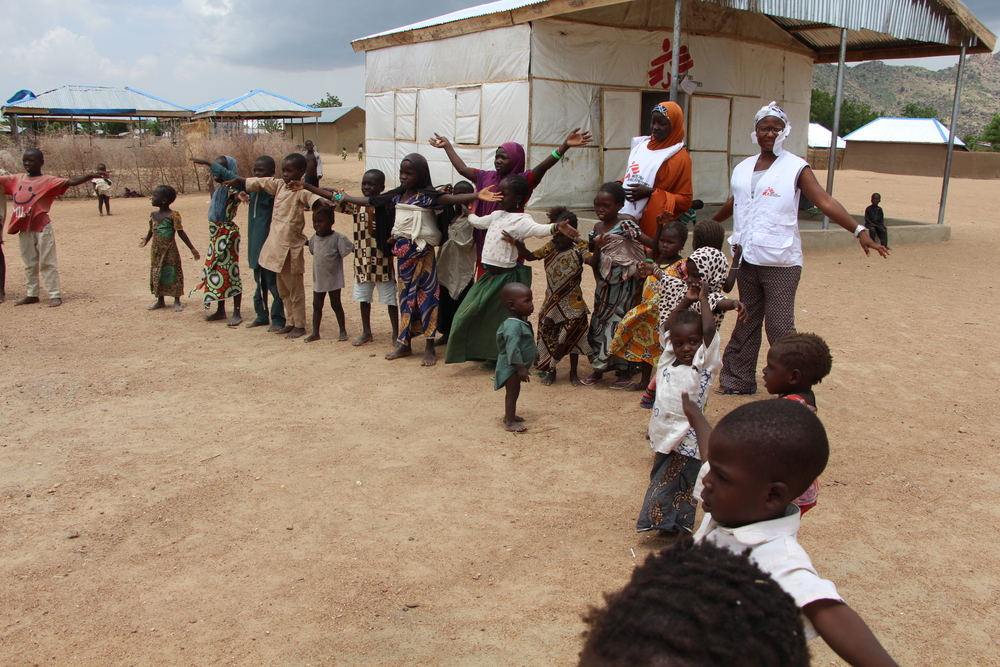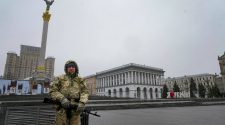The inhabitants’ most basic needs – especially for shelter, clean water and sanitation – are not properly covered. Some 12,000 displaced people are currently staying in Pulka’s ‘transit camp’, some of them living in the open for months on end. They are surviving on less than three litres of water each day, far below the 15-20 litres of water per person per day recommended by international humanitarian standards for emergencies.
The displaced people have already fled violent conflict and lost their livelihoods. Coming on top of this, the desperate living conditions and lack of protection in Pulka are exacerbating people’s acute mental health needs.
Mohammed Abba, aged 50, fled his village, along with his two wives and 10 children, after it was taken over by an armed group, leaving behind everything he owned. His family are now in Monguno, while Abba is 200 km to the south, in Pulka’s camp number four.
When Abba arrived in Pulka, he felt very alone and was despondent at having to depend on aid for his survival.
“[I felt] heaviness on my chest, as if my heart was swelling up,” says Abba. “I was doing too much thinking – sometimes I’d just be shedding tears – and I found it difficult to sleep at night. When I eventually found sleep, I always dreamt of my nine relatives who were killed in front of us by armed men in Nguroseye before we fled the town.”
The traumatic experiences that Abba went through have brought on mental health problems, for which he is receiving support from Médecins Sans Frontières (MSF) – one of the 1,863 people to receive mental health and psychosocial support from us in Pulka between January and June this year.
“None of my children will bury me when I die”
Mariya Duniya and Zainab Audu are also receiving mental health support from MSF. For 80-year-old Mariya, life seems meaningless after four of her nine children were killed during the crisis. Eventually, only elderly people were left in their village, she says.
The Nigerian military arrived in their village on patrol and transported them to Pulka. Without her children, Mariya is depressed and anxious about the future. “None of my children will bury me when I die,” she says.
















